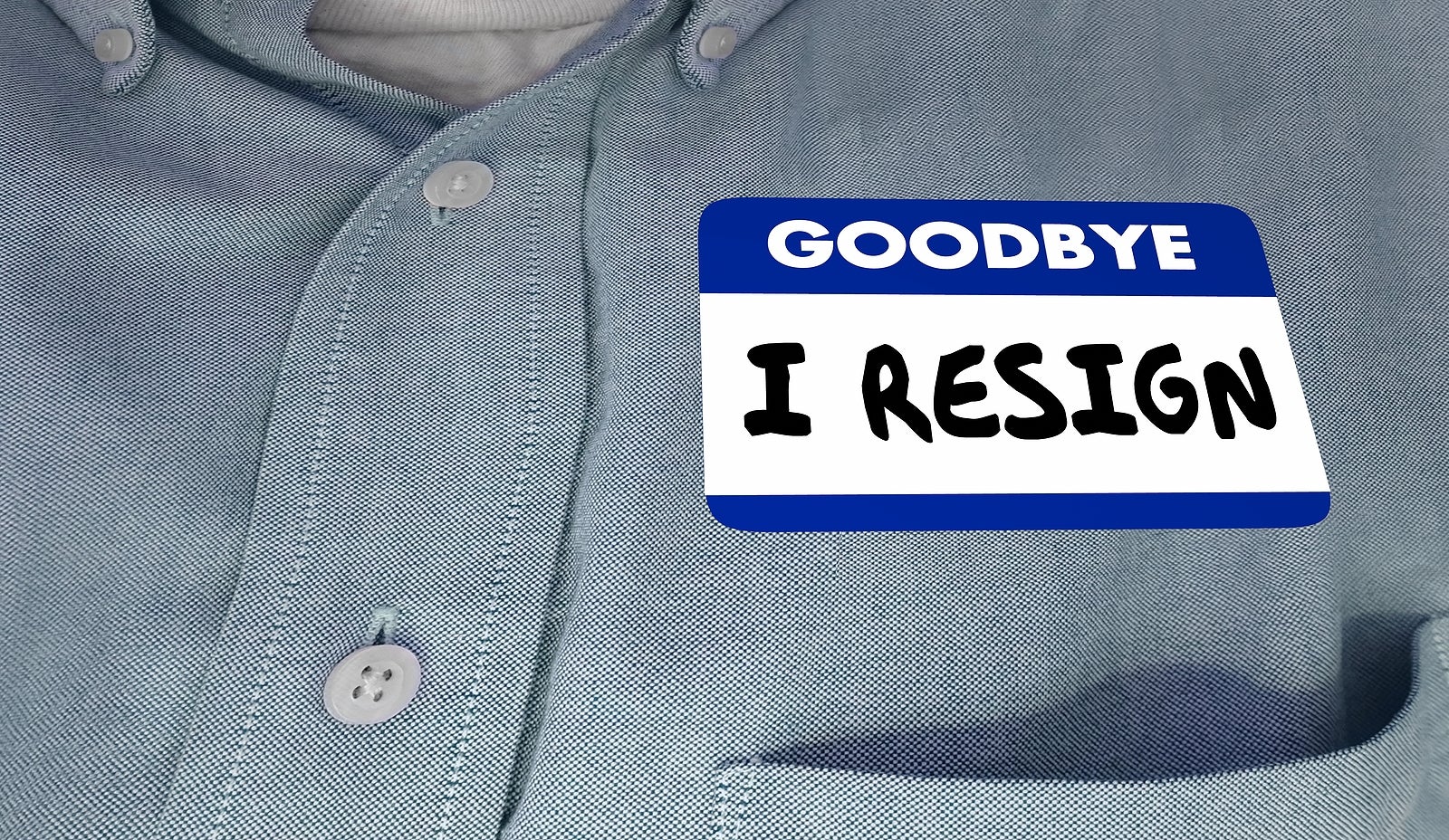
With lockdowns and logistical complications squeezing the life out of business in the last two years, the way we work has changed.
In the beginning, layoffs were on the rise. It felt like big businesses had all the power, employees and small business owners were disposable.
We decided to fight back.
Like all traumatic experiences, it hit us like a ton of bricks. We questioned our capabilities. We questioned our career choice. We were scared of uncertainty.
But we survived.
What we learned is that big business doesn’t have as much control and power over our livelihood as they thought.
We don’t need them as much as they need us.
Because the opportunities to make money in the gig economy of the now are endless. Side hustles are on the rise, flexibility is no longer a nice-to-have but a prerequisite and the big players are scrambling for the best talent.
The Great Resignation is here.
Not long ago, I joined a panel of international experts on a Facebook Live hosted by BigCommerce. We discussed the “Great Resignation” and the implications it’s having on individuals, entrepreneurs, and businesses the world over.
Here are some of my key takeaways.
The “Great Resignation” is a movement. It’s an uprising of fed-up employees and ambitious individuals against cumbersome companies that underpay staff, expect long hours and offer minimal flexibility.
Millions of people are taking a leap. Leaving their jobs without a safety net and hoping that the ripcord releases a parachute.
They’re making a statement that the current expectations and standards of global corporations are not acceptable. That talent is precious and the dinosaurs better listen up.
The top reasons for this mass exodus of unhappy employees are burnout, not enough flexibility, insufficient benefits, and a lack of general well-being from companies.
All-in-all, the Great Resignation is a big deal that is gaining momentum by the day.
What are the implications for individuals?
Put simply, you don’t need to accept mediocrity anymore.
The days are gone of your employer holding all the cards. Telling you when you can or can’t take holidays. Where you need to work. How much you’re worth.
With this growing shift in power, you can make choices about how YOU want to live your life and where you want to take your career.
Wharton University has noted a sharp growth in new business creation, meaning that many individuals are quitting the corporate world and starting their own businesses.
Maybe that’s for you. Or maybe you just want a few extra days of working from home and a better boss. You have the option to make smart choices about your career now. You have the power.
What are the implications for business owners?
Businesses are already changing the way they hire and reward staff. If you decide to take a chance and launch your own business, you’ll need to understand the expectations of employees in this new work environment.
Here’s a shortlist of what job seekers are looking for as they switch employers:
- Choosing if and when they work remotely
- Being paid more
- Working with better managers
- Having work-life balance
- Accessing flexible work schedules
Even as a new business, you won’t be able to get away with poor job conditions. In saying that, if you reward your employees well, the flow-on effect in productivity and loyalty could be astronomical.
Wrapping up
Over 20 years ago, the US government started collecting monthly data on people quitting their jobs. In August 2021, they recorded the highest ever number of resignations with it soaring beyond 4 million people.
Whether or not the job market will continue to be this fluid in 2022 and beyond we don’t know. But one thing is for sure, people want more from their work and they’re willing to take some risks to get it.
For individuals, this trend has normalized uncertainty. As many people have discovered, switching jobs, starting a side hustle, working from home, or simply pushing back for better conditions is not as scary as it seems.
For businesses, poor working conditions are no longer acceptable.
In my opinion, the Great Resignation is a good thing. It’s the movement we needed to spark positive change in the way we work. And the way we are treated by employers.












